By Lindsey Williams
Writing Specialist
“When you hear me preach or teach, more than 99% of the time, I’m relaying what the Lord is working on in me,” remarked Wayne VanHorn, professor of Christian studies at Mississippi College. This is the reality of pastorship; God’s word must reach a preacher’s own conviction before he can properly teach the truth from the pulpit.
The Leadership Department of the Mississippi Baptist Convention Board offers the annual Preaching Conference not only to guide pastors in the preaching of the Word, but also to edify, exhort, and encourage their own personal walk with the Lord.
From April 15-17, Joseph Bird, Wayne VanHorn, and Ronald Meeks from the three Baptist universities in Mississippi convened at Blue Mountain Christian University on Monday, Garaywa Camp & Conference Center on Tuesday, and William Carey University on Wednesday. This year, the Bible professors led the attending pastors through a thorough study and strategy for effectively preaching 1 and 2 Samuel.
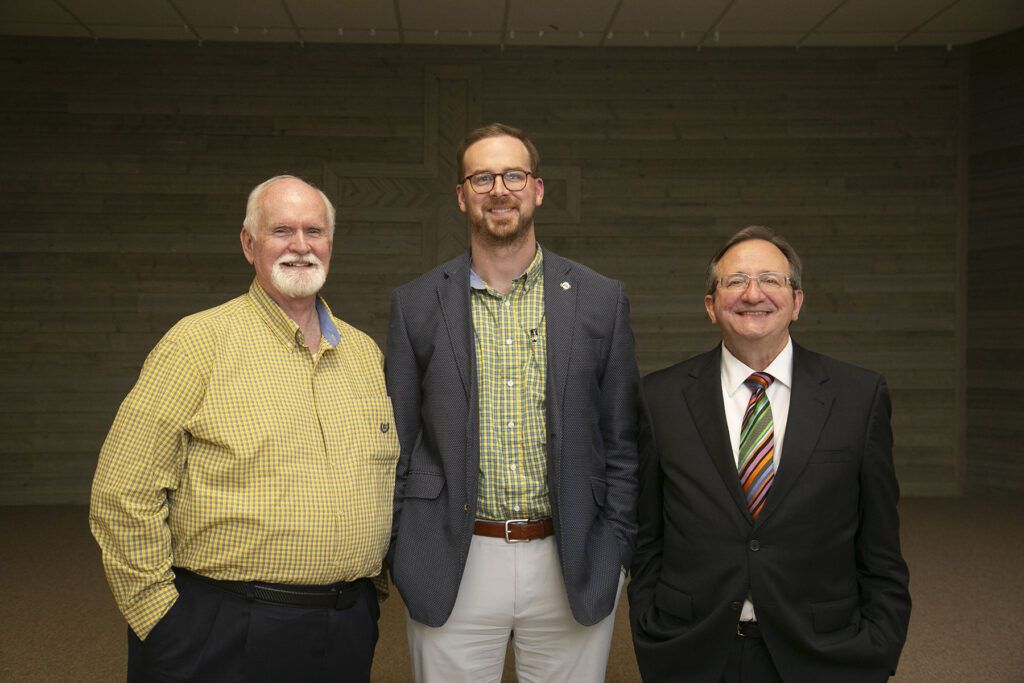
Teaching on the contextual and historical background of 1 and 2 Samuel, Bird, chair of the Department of Christian Ministry and Biblical Studies at William Carey University and a bivocational pastor, shared, “This is my second year to teach at this conference, but I came as a student, as a youth minister, and then as a pastor.” As he prepared for the conference, Bird employed much of his studying into his recent sermons, preaching on 1 and 2 Samuel every Sunday for the past several weeks. “God’s faithfulness is a major theme in these books and studying that has been very impactful in my own life.”
“There has never been a king, there has never been a prince, there has never been a human being on this earth that is more blessed than we are, because we know God,” stated Bird in his lecture. “I was driving up this morning on 49, and after 30 years of being a Christian, I’m still not over the Gospel. I get to teach the Bible six days a week. It’s a gift to have the Holy Spirit, to have the Word of God. I know it’s difficult, but we could not have it any better than to know Him and to fellowship with Him.
“We know that God knows everything and that He has placed us where He wants us. One thing that is disconcerting to me in teaching ministers is that a lot of guys today think we need to have big churches. They’re 17 and saying, ‘I have to start a podcast’ or ‘Man, I have to write a book.’ You don’t have to do anything that He does not tell you to do. God is the King. Sometimes the King calls us to tiny, out-of-the-way churches. That’s wonderful, as long as we are faithful. Clearly, He does not care about how prestigious it is. He cares that we are faithful. He opens one door, He closes another, but this is His work in our lives. His word is what makes all the difference.”
VanHorn expanded on the theology revealed through 1 and 2 Samuel. Sharing how the study affected him personally, he explained, “1 and 2 Samuel is anthropocentric, meaning it’s focused on people. It’s a lot of episodes about a lot of people. Some of them get it right with God, like Samuel. Some of them start out right, like David did, and end up messing things up. Then you have other people like Hannah, who is an unsung hero, and you have people like Eli who probably started out well but took a terrible turn and allowed his sons to become worthless men who did not know the Lord, and you wonder, why were they even priests?
“God showed me glimpses of what He wants from His people through these men and women. As a preacher and a teacher, you’re always thinking, ‘What does God want me to say to the congregation?’ But it has to always start with, ‘What does God want of me?’ Then I can share. I’m just going to think out loud what God’s telling me about me, and if it fits you, too — good.”
Meeks, chair and professor of biblical studies at Blue Mountain Christian University, carried attendees through various preaching strategies and subjects from 1 and 2 Samuel. “When you look at the richness of what is in 1 and 2 Samuel,” Meeks commented, “you see the powerful stories of God at work. One of the concepts that the Lord conveyed is that He is in control, and He can handle everything. If His people go away, if the people reject Him as King, if there are no leaders, if there are sinful priests — He can handle it.”
Earnestly, Meeks asked the preachers present at his lecture, “Were you expecting God’s call when it came? God’s call to Samuel came with a relentlessness. He kept calling him and calling him, and Samuel kept missing it, but God did not give up on him. God’s call also comes with great challenges. Some of you admit, ‘If I knew what God was calling me to, I wouldn’t have said yes.’ Now you are doing what God wants you to do, but His call also comes with unusual blessings. I know it’s difficult, but when you do what God has called you to do, He is going to use you. He will touch and bless people’s lives in ways you can’t imagine.”
Ministry demands everything from a pastor’s health, his family, and his faith. Our pastors need our prayers.
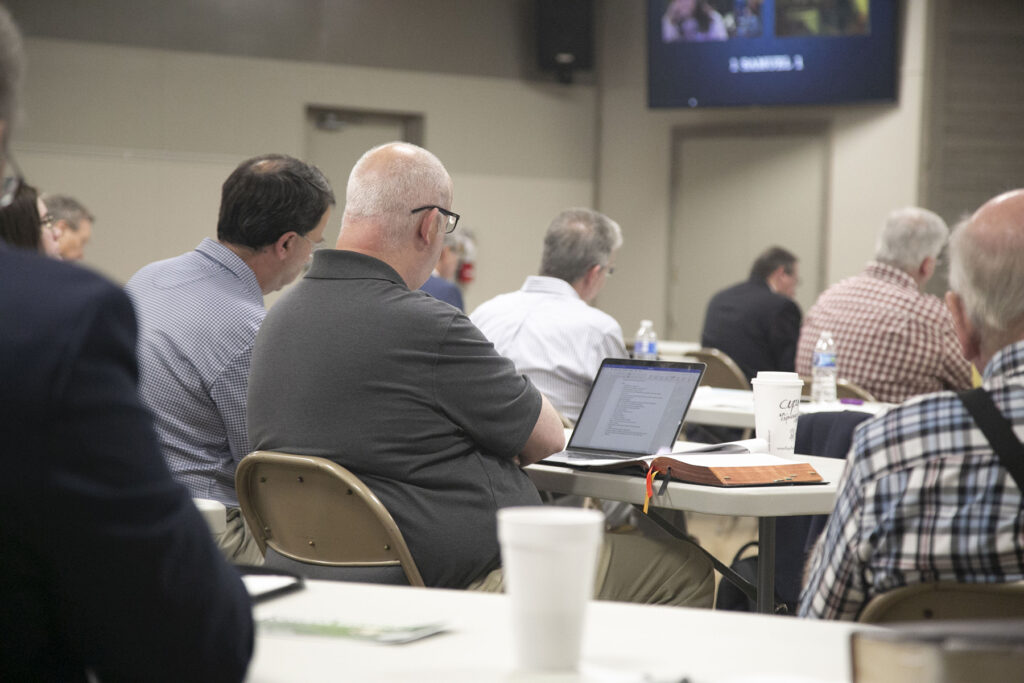
“A key insight we see in 1 and 2 Samuel is knowing that you are called, and that God is shaping your character,” said Meeks, urging Mississippi Baptists to pray for more laborers in the field of ministry. “We want to pray that more people will respond to God’s call, like Samuel said, ‘Speak, Lord, for your servant heareth.’ We want to pray that the character of our ministers would be the opposite of Hophni and Phinehas, and instead be like Samuel, who, at the end of his life could say, ‘Does anybody have anything against me?’ We want to pray for our pastors to be people of integrity.”
“On the whole, pastors are discouraged,” Bird commented, asking congregations to intentionally seek out how they might encourage their pastors. “When I started at New Orleans Baptist Theological Seminary in 2008, they gave me a statistic that 50% of the ministers who graduated with the MDiv would be out of ministry within five years. It’s easy to start. It’s hard to finish. COVID made things more difficult. So understand that preachers are people, too. We get stressed when there is a lot going on, and many of us try to do too much on our own. A little encouragement goes a long way.”
“Most people think that the pastor is there only to minister to them,” said VanHorn. “Pray for your pastor, because he and his family have the same trials, with one little caveat. Scripture says, and even Jesus quoted it, ‘Strike the shepherd, and the sheep are scattered.’ Whatever trials laypeople go through, Satan works overtime to destroy the families of messengers, whether they are pastors, missionaries, chaplains — you name it. Satan causes trouble to the pastor, so that he gives up the ministry. Sometimes preachers respond to trouble by making bad decisions. Sometimes they are faithful to the end, but they get worn out with the fight. But that happens far fewer times if he is surrounded by Spirit-filled laypeople who pray for that pastor and his family.
“And minister to the pastor. So many preachers feel like they can’t be friends with any one group in the church because everybody thinks he is playing favorites, but we all need friends. Make it okay for the pastor and his family to make friends in the church.”
“So many other things come to mind about how you can help your pastor,” VanHorn remarked. “October has become Pastor Appreciation Month, and most churches will have a dinner or cake to celebrate. Ministering to your pastor doesn’t have to be elaborate. It’s just the idea that you’re letting your pastor and his family know, ‘We love you. Thank you for being who you are.’”

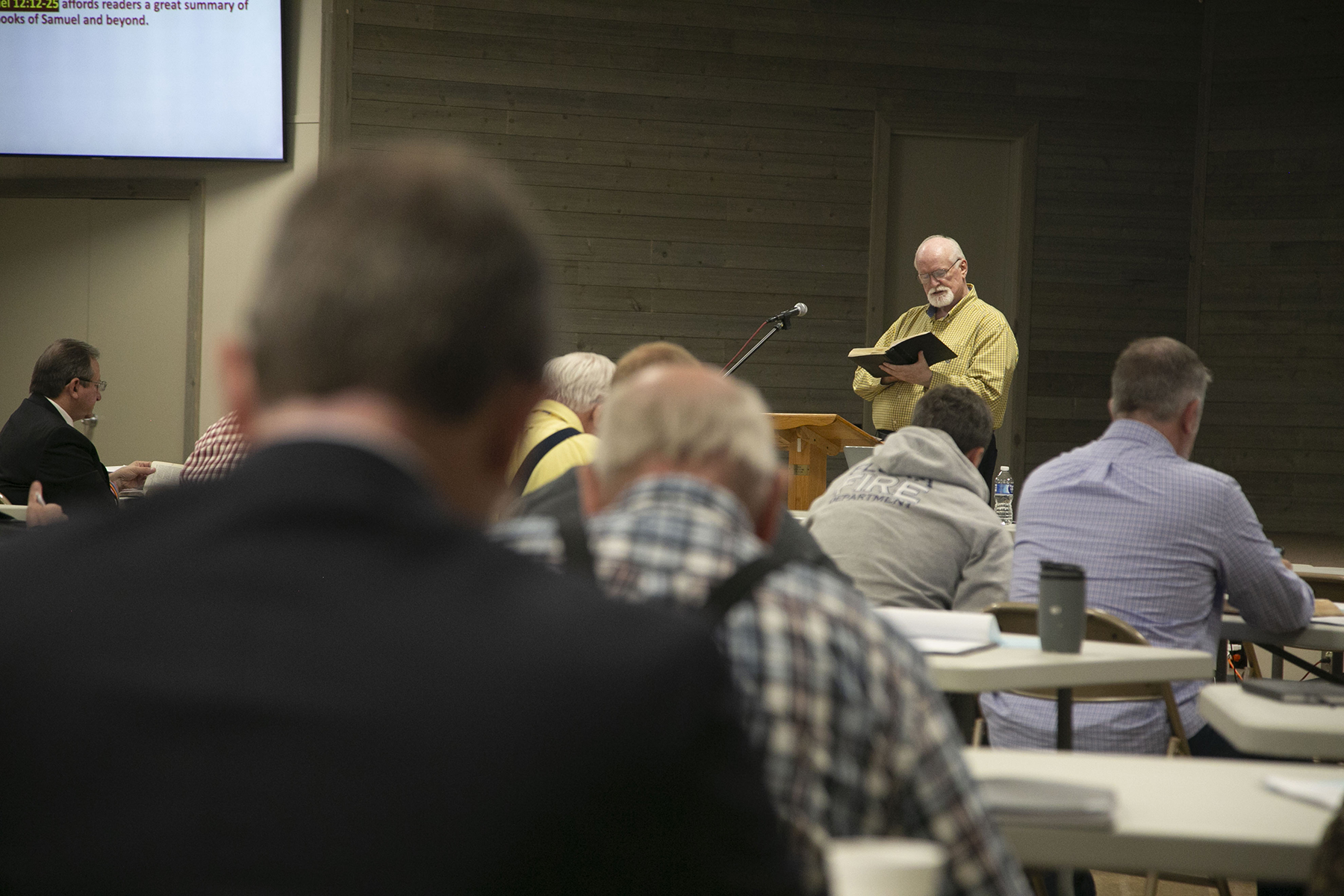


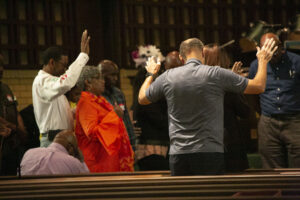
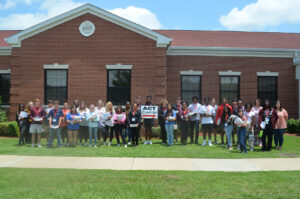


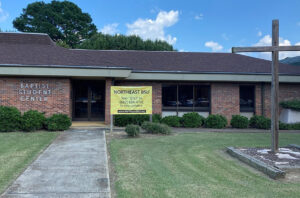
Comments are closed.